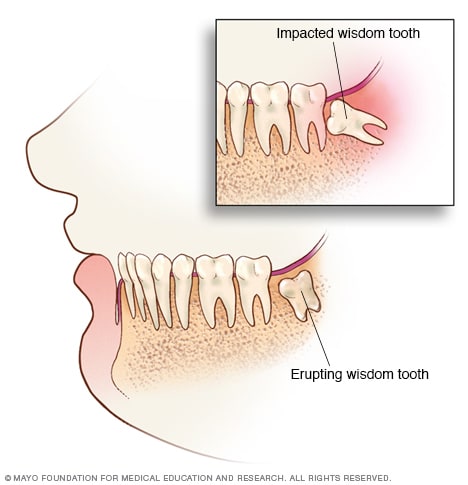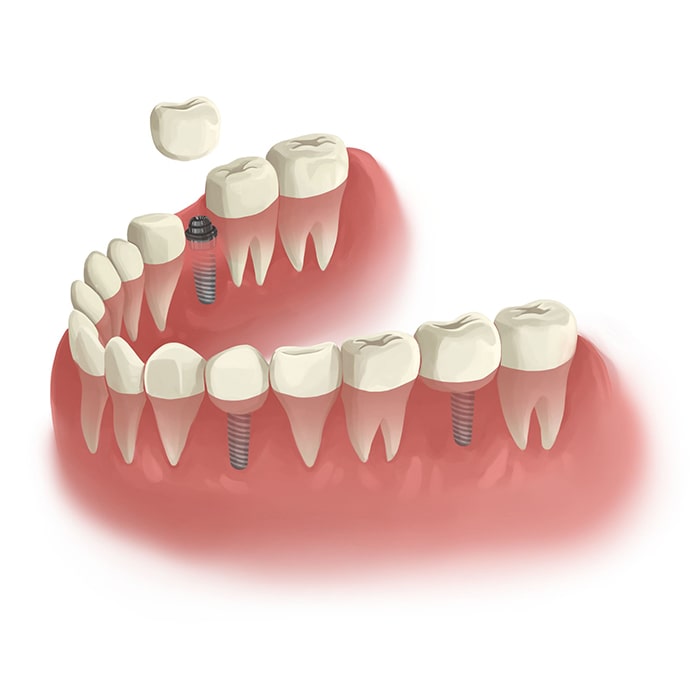Common Misconceptions About Wisdom Teeth Removal Aspendale Debunked
Common Misconceptions About Wisdom Teeth Removal Aspendale Debunked
Blog Article
Discovering Various Sedation Options for a Comfortable Wisdom Teeth Extraction Experience
The use of sedation throughout such procedures has actually come to be increasingly usual to relieve stress and anxiety and pain. With an array of sedation options readily available, from regional anesthetic to general anesthetic, each technique offers differing levels of relaxation and pain control.
Local Anesthetic
Regional anesthetic is a generally used approach for numbing details areas of the mouth during wisdom teeth extraction procedures. By providing a neighborhood anesthetic, such as lidocaine, a dental practitioner can guarantee that the individual continues to be comfortable and pain-free throughout the removal procedure.
Among the key advantages of neighborhood anesthesia is its targeted numbing impact, which implies that only the certain area being treated is impacted. This localized method lessens the threat of systemic side effects and allows for a quicker recovery post-procedure. In addition, local anesthesia is considered to be a safe and regular practice in dentistry, with very little dangers included when provided by a qualified specialist.
Nitrous Oxide
Laughing gas, typically known as giggling gas, is a type of sedation often used in dentistry to aid individuals relax throughout oral treatments. It is a efficient and risk-free technique that includes inhaling a mix of nitrous oxide and oxygen through a mask placed over the nose. Among the key advantages of laughing gas is its quick start of activity, typically within mins, offering almost instant relaxation for the patient. This sedation alternative allows the client to continue to be responsive and mindful throughout the treatment while feeling comfortable and comfortable.
Once the mask is gotten rid of, the effects of the gas wear off rapidly, permitting clients to resume their normal tasks without lingering sedative effects. Nitrous oxide is appropriate for people of all ages, making it a functional sedation alternative for knowledge teeth removals and other dental procedures.
Dental Sedation
Dental sedation, a pharmacological approach employed in dental care, includes the management of sedative medications by mouth to cause a loosened up state during oral procedures. The drugs suggested for oral sedation belong to a course of medications called benzodiazepines, which have sedative, anxiolytic, and amnesic properties.
Unlike intravenous sedation, oral sedation does not need shots or needles, making it a much more comfy option for individuals with a concern of needles. Additionally, dental sedation is considered risk-free and efficient when carried out by trained dental experts.
IV Sedation
Administered intravenously by qualified physician, IV sedation is an effective approach used to cause a controlled state of deep relaxation and unfamiliarity during oral treatments. Unlike dental sedation, which can be unforeseeable in its results, IV sedation permits for specific control over the level of sedation, making it an ideal choice for complicated treatments like wisdom teeth extractions.
During IV sedation, a sedative medicine is supplied directly into the bloodstream through a vein, permitting it to work swiftly and efficiently. This method makes sure that the individual stays comfortable and unaware of the treatment while still preserving important functions such as breathing and heart rate.
Among the key advantages of IV sedation is its ability to supply a deeper degree of sedation contrasted to various other approaches, making it specifically appropriate for clients with high levels of stress and anxiety or those going through comprehensive dental job (wisdom teeth removal aspendale). Furthermore, the results of IV sedation generally subside gradually after the treatment, reducing the probability of grogginess or lingering adverse effects. On the whole, IV sedation uses a risk-free and reliable alternative for making sure a comfortable and trouble-free experience during knowledge teeth extraction

General Anesthesia
Having actually talked about the benefits of IV sedation for wisdom teeth removal, the utilization of basic anesthesia provides a different option for people needing wikipedia reference a much deeper degree of unconsciousness throughout oral procedures. General anesthetic generates a regulated state of unconsciousness, making sure the client really feels no pain or discomfort throughout the removal procedure. This technique is particularly useful for individuals with extreme oral anxiety, complex medical demands, or those going through numerous extractions at the same time.
General anesthetic is administered by a skilled anesthesiologist that carefully keeps track of the individual's essential indications throughout the procedure. It includes the use of intravenous medications or breathed in gases to induce a state of unconsciousness. While under general anesthesia, the individual will not know the surgery, experience any discomfort, or have any kind of recollection of the procedure afterward.
Although general anesthesia is safe over here when provided by certified specialists, it carries a slightly higher danger contrasted to various other sedation alternatives - wisdom teeth removal aspendale. Clients thinking about general anesthesia for wisdom teeth extraction must review the potential risks and benefits with their dental expert or dental surgeon to make an informed choice based upon their specific demands and clinical background

Final Thought
In final thought, various sedation alternatives are offered to guarantee a comfortable knowledge teeth extraction experience. Dental sedation and IV sedation offer much deeper degrees of relaxation, depending on the patient's demands.
Nitrous oxide is ideal for clients of all ages, making it a functional sedation choice for knowledge teeth extractions and other dental procedures.

Report this page